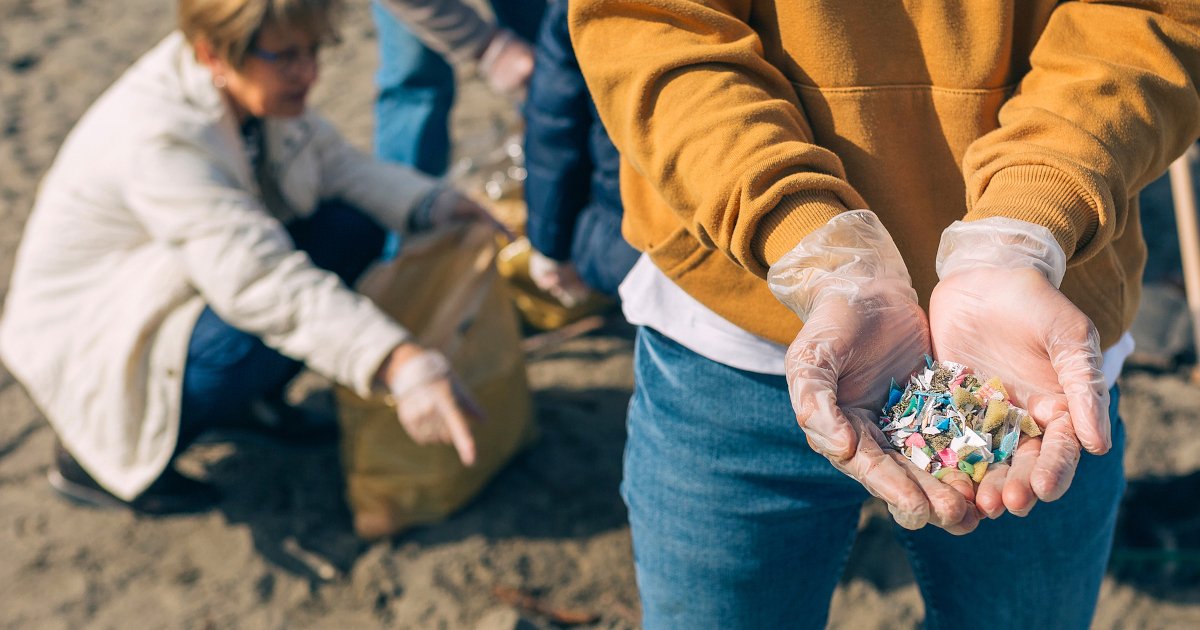
Sowing a Plastic Planet: How Microplastics in Agrochemicals Are Affecting Our Soils, Our Food, and Our Future
We are increasingly living on a plastic planet. Due to the explosion in plastic production and use, plastic pollution has grown exponentially in recent years. Tiny particles of plastic — or microplastic — are accumulating across the planet in even the most remote areas, in the air, in water, in soil, in plants, and in animals, including in our bodies. Humans are ingesting and breathing plastics and the toxins they contain through this continued environmental exposure.
April 1, 2023 | Source: Center for International Environmental Law | by
We are increasingly living on a plastic planet. Due to the explosion in plastic production and use, plastic pollution has grown exponentially in recent years. Tiny particles of plastic — or microplastic — are accumulating across the planet in even the most remote areas, in the air, in water, in soil, in plants, and in animals, including in our bodies. Humans are ingesting and breathing plastics and the toxins they contain through this continued environmental exposure.
One of the least known and most concerning sources of microplastic pollution is their deliberate addition to synthetic fertilizers and pesticides used in industrial agriculture. The application of plastic-coated agrochemicals to soils and crops directly introduces microplastic into the environment and potentially into the food supply. It also compounds the health and environmental hazards posed by agrochemicals themselves.
Synthetic fertilizers and pesticides, derived primarily from oil- and gas-based feedstocks, are already some of the most toxic substances in use today. Encapsulating them in microplastic, itself fossil fuel in another form, only heightens the risks. Because of its deliberate and controlled nature, microplastic pollution from plastic-coated agrochemicals is especially egregious, but it is also readily preventable. The only barriers are public awareness of the problem and political will to tackle it at its source by regulating the plastics industry.
